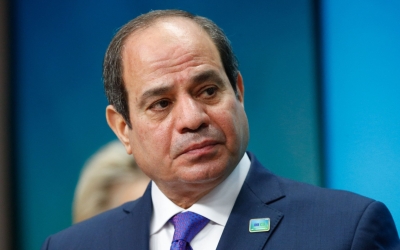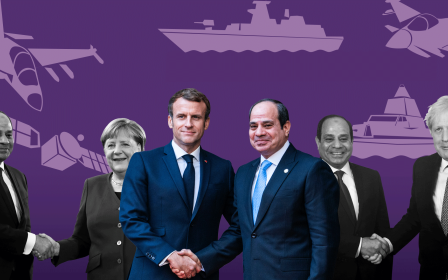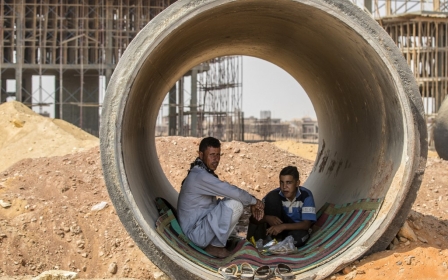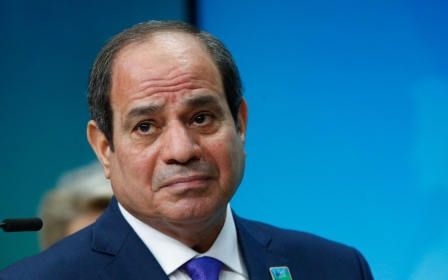Egypt: Prominent public figures to stop publishing critical views of government
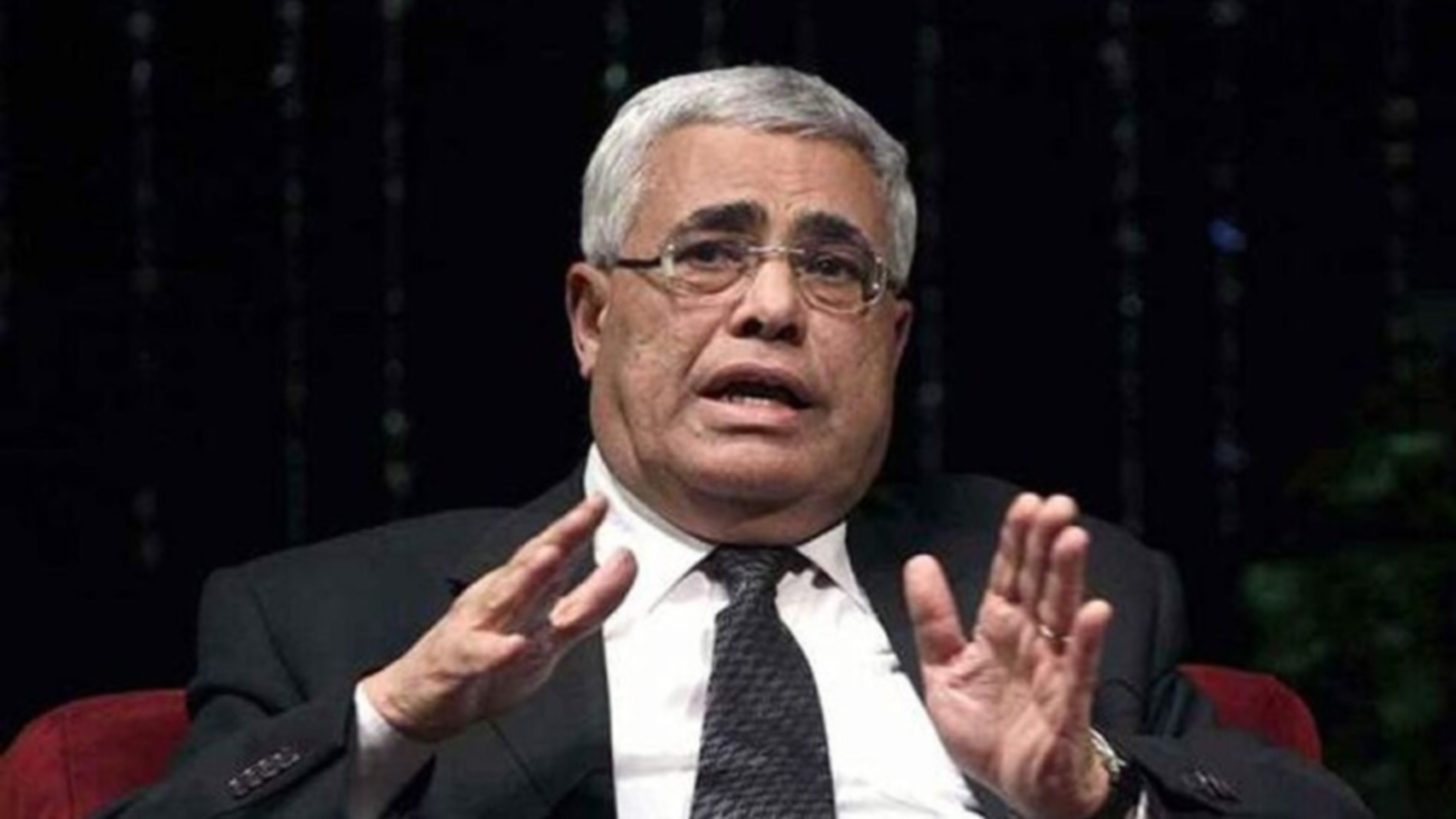
Three well-known Egyptian public figures have unexpectedly announced this week that they will cease publishing critical views on politics and the economy without giving clear reasons for the decision.
On Friday, journalist Ahmed el-Tantawy, also a former lawmaker, announced that he will stop writing for al-Manassa, where he had published three articles, the last of which, he said, had led to authorities blocking the news website on 14 July.
'We said all we had about our observations on economic policies, risks, and some solutions. I fear for the followers the boredom of repetition, so it is necessary to stop'
- Hany Tawfik, economist
"I hope... that the ban [on al-Manassa] and all the blocked news sites that adhere to the rules of journalistic work will soon be lifted," Tantawy wrote on Facebook.
"I pray for my fellow journalists that they can soon work in an environment that secures their rights and provides them with everything necessary to present a journalistic service at the professional standards that Egypt deserves... without being subjected to any treatment outside the framework of the law."
In a surprise move, Tantawy last month stepped down as head of the Karama Party, which is participating in a national dialogue that President Abdel Fattah el-Sisi announced in April with the aim of ensuring that different regions, social classes, and political opinions are represented.
New MEE newsletter: Jerusalem Dispatch
Sign up to get the latest insights and analysis on Israel-Palestine, alongside Turkey Unpacked and other MEE newsletters
Tantawy had set some conditions for engaging in dialogue with the authorities, including the release of all political detainees, and setting specific themes for the dialogue, including the discussion of "holding early presidential elections".
Meanwhile on Friday, Hassan Nafaa, a prominent intellectual and political science professor tweeted that he will regretfully close his Twitter account for reasons beyond his control.
"I also express my gratitude to everyone who endured the trouble of following me," he wrote.
In 2020, Nafaa temporarily froze his social media account, saying "the climate is no longer appropriate to freely participate in public debate".
The announcements by three of the few voices who have been recently critical of the government come weeks after the start of the national dialogue initiative, which will not include the Muslim Brotherhood, Egypt's largest opposition group.
On 1 July, leading economist and economic commentator Hany Tawfik announced that he will no longer write about the state of the Egyptian economy until new developments justify his return to writing.
"We said all we had about our observations on economic policies, risks, and some solutions. I fear for the followers the boredom of repetition, so it is necessary to stop," he said on Facebook.
Egypt is going through a severe economic crisis and introduced a series of austerity measures earlier this year to reduce spending, bring down the budget deficit, and take the edge off the nation's spiralling debts.
Egyptians on social media were quick to link the three announcements to the authority's years-long relentless crackdown on opposition voices.
Earlier this year, a UN rights expert condemned Egypt for targeting journalists, human rights defenders, and their families, and called on authorities to stop silencing dissent.
Human Rights Watch estimates that there are more than 60,000 political prisoners languishing in Egyptian jails since Sisi overthrew the democratically elected former president Mohamed Morsi and seized power in 2013.
Middle East Eye delivers independent and unrivalled coverage and analysis of the Middle East, North Africa and beyond. To learn more about republishing this content and the associated fees, please fill out this form. More about MEE can be found here.


